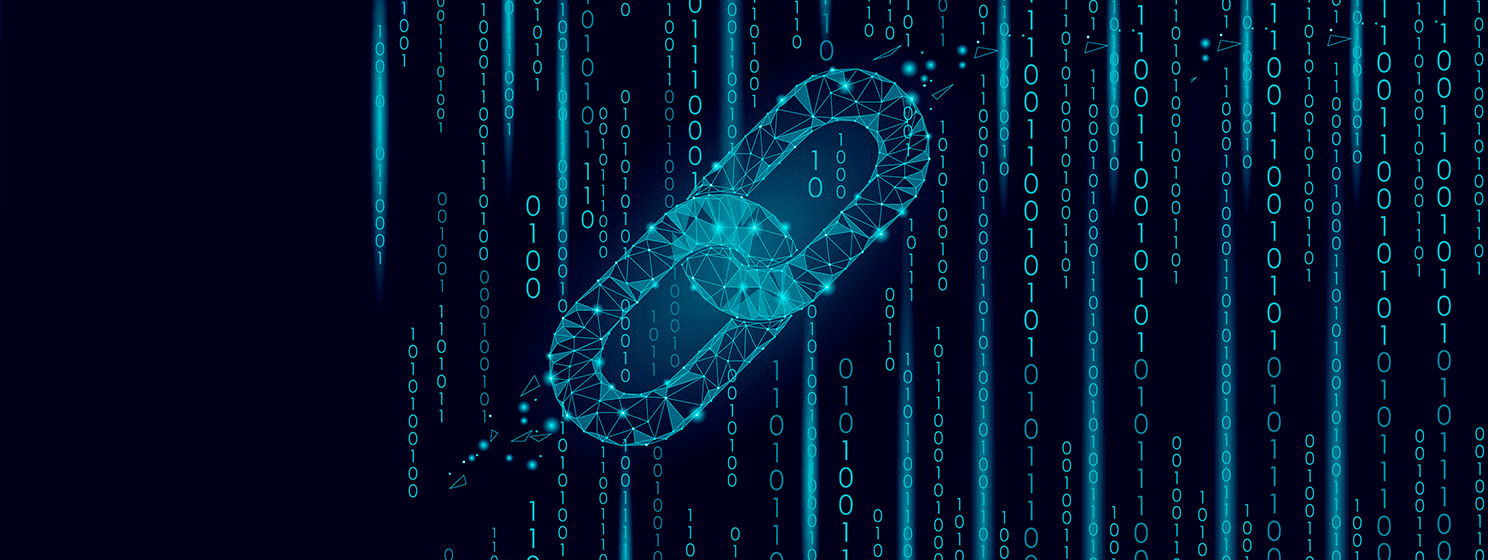|
Getting your Trinity Audio player ready...
|
For most of us—even those with an economics background—accounting and record-keeping are of little interest when exploring the great mysteries of the past. Yet, they are extremely vital components of human civilization. They serve as the backbone for tracking trade, maintaining economic stability, and preserving knowledge since the earliest instances of trade. From primitive tally sticks to the sophisticated proof-of-work-based (PoW), unbounded blockchain technology of today, the evolution of accounting methods reflects the progress of society in its quest for accuracy, security, and permanence in recording information. However, throughout history, significant amounts of data and historical records have been destroyed or forgotten, impacting our understanding of the past. Thankfully, the fully scalable BSV blockchain offers new possibilities for overcoming these historical vulnerabilities.
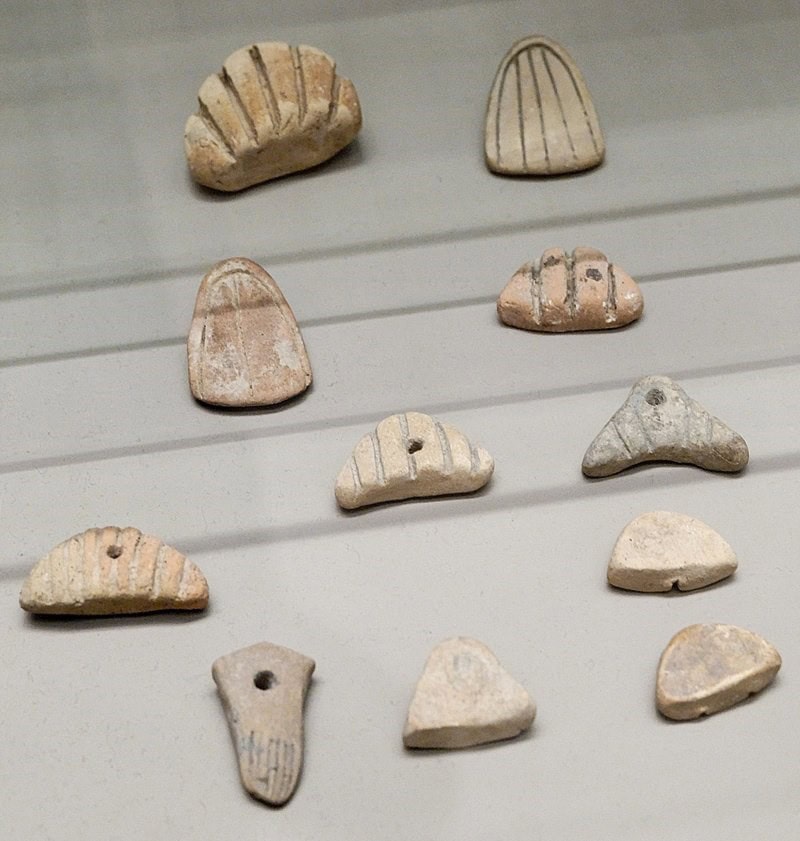
One of the earliest methods of accounting dates back 5,000 years ago to Mesopotamia. The ancient Sumerians used clay tokens to represent commodities and record transactions, a fascinating parallel in a digital context with blockchain tokens today. These tokens eventually led to the creation of clay tablets inscribed with cuneiform script. This early writing system allowed the Sumerians to track goods and payments, laying the groundwork for more complex accounting systems and the very basis of the Sumerian and, eventually, Babylonian civilization.
Simultaneously, tally sticks were used in various parts of Europe. A tally stick was a simple piece of wood with notches cut into it to denote quantities or values. For example, a farmer might owe a certain amount of grain to a merchant, and both parties would keep matching halves of a split tally stick. These notches acted as a foolproof record that neither party could alter independently, thus helping to prevent fraud and disputes. The tally stick system continued in England into the early 19th century.
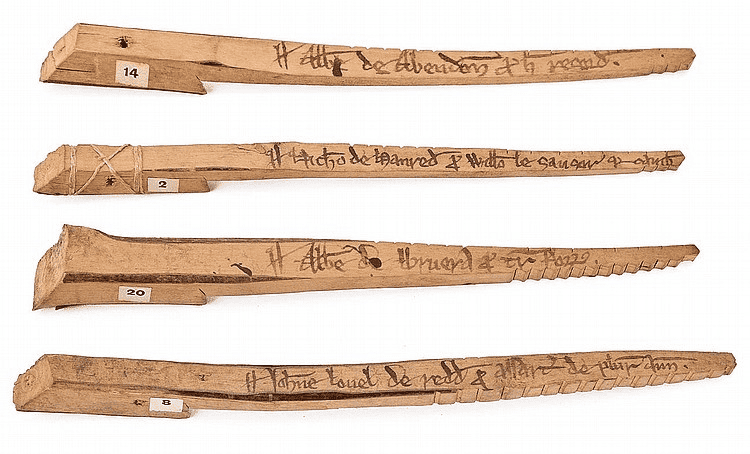
While these early forms of accounting may seem rudimentary, they were effective. The tally sticks and clay tablets represented more than just trade; they were instruments for establishing trust between parties. This trust-based system set the stage for the more advanced forms of bookkeeping and record-keeping that emerged during the Renaissance.
During the late Middle Ages, a major leap occurred with the introduction of double-entry bookkeeping in Italy. This system, created in 1494 by Luca Pacioli, a good friend and flatmate of Leonardo Di Vinci, revolutionized the field of accounting. Double-entry bookkeeping provided a systematic approach to recording financial transactions. This means that each entry had a corresponding and opposite entry. This method not only allowed for more accurate financial statements but also laid the foundation for modern accounting practices.
The emergence of double-entry bookkeeping coincided with the growth of trade and commerce in Europe. As business networks expanded, so too did the need for reliable records. By the time of the Industrial Revolution, bookkeeping had become an essential part of economic and business practices, supporting the rapid expansion of factories and enterprises.
Despite these advances in record-keeping, history has witnessed several large knowledge losses. The destruction of the Library of Alexandria, one of the ancient world’s greatest centers of learning, is one of humanity’s greatest losses. The Library of Alexandria was a repository of texts from across the known world, including works on philosophy, science, literature, and mathematics. Repeated fires and war led to its decline and destruction. This loss meant countless works, including historical records and early scientific knowledge, were irretrievably lost.
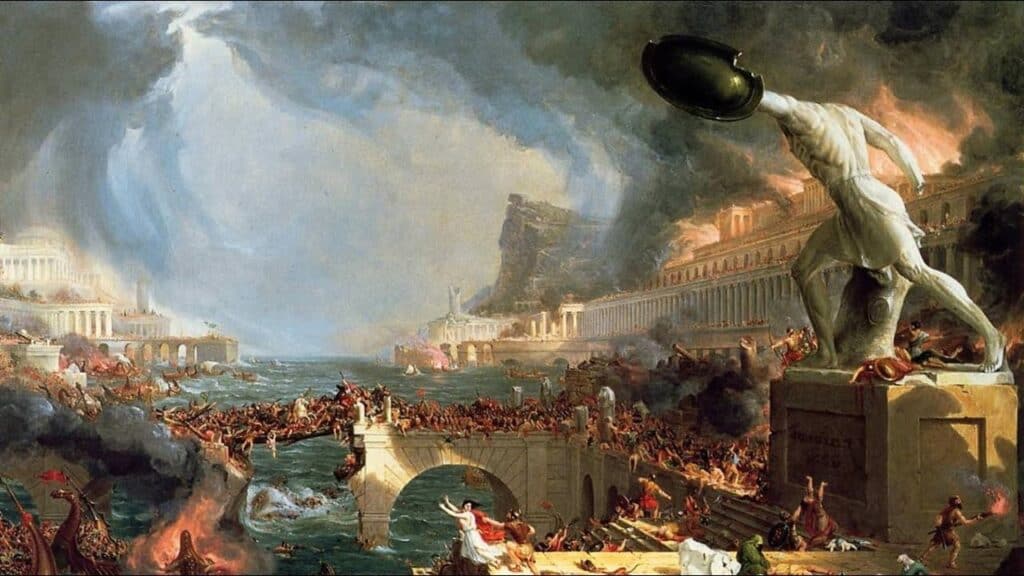
The destruction of the Library of Alexandria serves as a symbol of the fragility of human knowledge. Similar instances of catastrophic loss have occurred throughout history. For example, in 1241, the Mongol invasion of Baghdad resulted in the destruction of the House of Wisdom, another great repository of knowledge. Baghdad’s libraries were thrown into the Tigris River, reportedly turning its waters black with the ink of countless manuscripts.
The devastation of World War II also had an impact on historical records. The war led to the loss of archives, historical manuscripts, and works of art, particularly in Europe. Plundering and the bombings of cities such as Dresden resulted in a significant loss of records and cultural heritage. Similarly, during the Great Fire of London in 1666, not only were many public and private records lost, but the fire also created challenges in reconstructing the financial history of many businesses and individuals.
These events demonstrate the fragile nature of historical records. The loss of key documents and manuscripts leaves gaps in our understanding of the past, preventing us from fully reconstructing historical events, cultures, and advancements, showing us the importance of finding more resilient ways to preserve information.
The 20th century saw a shift from physical to digital record-keeping. With the invention of computers, vast amounts of data can be stored electronically, making organizing and accessing information easier. However, this shift also introduced new challenges, such as the risks of hacking, corruption, and destruction. Centralized databases, while efficient, are vulnerable to single points of failure, making them susceptible to loss or manipulation.
The BSV blockchain is a solution to these issues. Blockchain is a decentralized ledger system that records transactions in an immutable and secure manner. Each block is linked to the previous one, forming a chain that is resistant to tampering. This decentralized model eliminates the risks associated with centralized systems by distributing records across multiple nodes, ensuring that no single point of failure can compromise the entire ledger. BSV scales those blocks massively to ensure that records of everything can be hashed and verified on chain instantly while remaining private.
The rise of blockchain marks a significant advancement in overcoming the vulnerabilities of traditional record-keeping. However, blockchain alone cannot entirely prevent the loss of data and records in the event of a global catastrophe. To address this issue in the long term, there is the possibility of creating digital archives in space.
Digital archives stored on satellites or space-based platforms offer a way to preserve information beyond the reach of terrestrial disasters. These archives could store copies of essential records, historical data, and cultural heritage in an environment protected from war, fire, and environmental decay. Projects like the Lunar Library and the Arch Mission Foundation are already exploring the feasibility of sending knowledge repositories to the moon or deep space, creating a “backup” of human civilization.
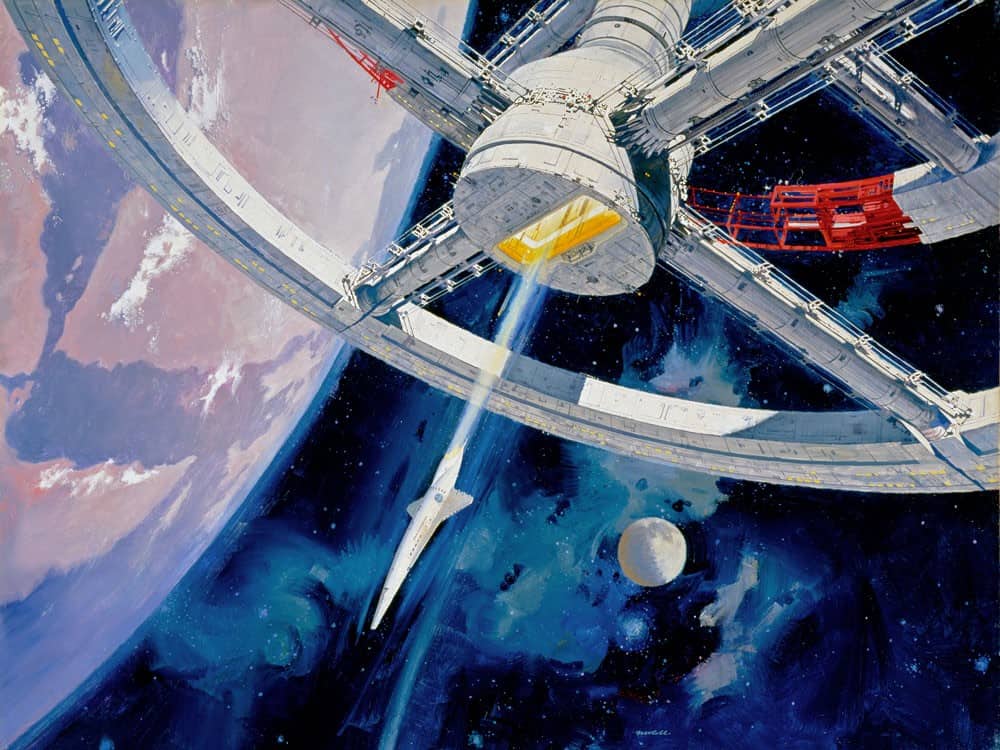
The combination of blockchain and space-based archives presents an interesting vision for the future of record-keeping. While no system is entirely safe from destruction, at some point in the future, this approach could reduce the risk of losing valuable information even in the event of a catastrophic disaster on Earth, possibly preserving humanity’s collective knowledge for future generations.
It is fun to start from the past to project what might be possible in the future, and while the history of accounting and record-keeping might not be the most exciting subject, it is an essential story of both progress and loss. From using tally sticks to a fully scalable proof-of-work blockchain, we have always sought to improve the accuracy and security of recorded information. The losses of historical records, such as those destroyed in the Library of Alexandria, serve as stark reminders of the fragility of knowledge and push us towards ever more resilient and permanent ways of recording and preserving, ensuring that future generations can access and build upon the achievements and knowledge of the past.
Watch: Blockchain & Metanet’s role in combating fake news

 02-27-2026
02-27-2026 
